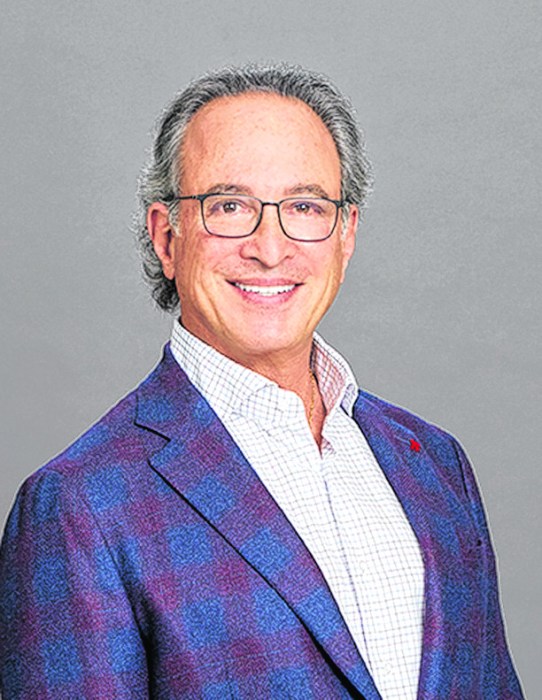As government leaders look to expand the number of charter schools in the state, it’s going to be even more difficult for these schools to find and retain qualified teachers from a dwindling pool of candidates.
Already, charter school teacher turnover is at about 41 percent, with some schools seeing rates approaching 60 percent. The average public school teacher turnover, on the other hand, is about 18 percent.
Charter school teachers often abandon their schools for two reasons. One is the demands of the job which often require more responsibilities and longer hours (including nights and summers) than public schools.
Others leave for higher-paying jobs at public schools, which have union-negotiated benefits, salaries and worker protections such as limited hours.
Teacher turnover is indeed a legitimate problem for charter schools and the children they serve.
But reducing teacher standards in order to get more bodies in the classroom is not the answer.
A proposal under consideration by State University of New York trustees would do just that by creating a new lower tier of standards that, according to SUNY, would “link certification to programs that have demonstrated student success and do not require teachers to complete a series of steps, tests and tasks not designed for teachers embedded in a quality school.”
That sure sounds like educational gibberish for lower standards to us.
The change, according to opponents of the proposal, could allow teachers into charter school classrooms who have as little as 30 hours of classroom experience — the equivalent of just five, six-hour days.
Earlier this week, both the United University Professions—which represents 42,000 higher-education academic and professional faculty and retirees in the SUNY system—and the New York State United Teachers—which represents 600,000 school teachers, administrators and professionals—issued statements of opposition to the plan. The SUNY Board of Trustees met Thursday to discuss the matter, but any change would have to go through a 45-day public comment period.
The public, both supporters and opponents of the charter school concept, should express their outrage.
New York taxpayers pay among the highest property taxes in the country, in large part to support good-quality education for its residents. Some of that funding goes to charter schools.
Even with problems of underperforming public schools, the state’s public education system consistently ranks in the top 10 nationwide, in no small part due to its rigorous teacher certification standards.
While improvements to that system are certainly needed, the overall goal should be to improve teacher quality, not make it worse. Charter schools were supposed to be parents’ alternative to failing public schools.
Reducing the standards for their teachers will discount whatever advantages they might offer. SUNY officials should not be tempted to allow a watering-down of standards just to protect an alternative education system that can’t attract and retain a high-quality staff.
If our collective goal is a better educational system, then this is the wrong direction to take.
—Judy Patrick
Editor’s note: Reprinted with permission from New York Press Association/ NewsToShare


































